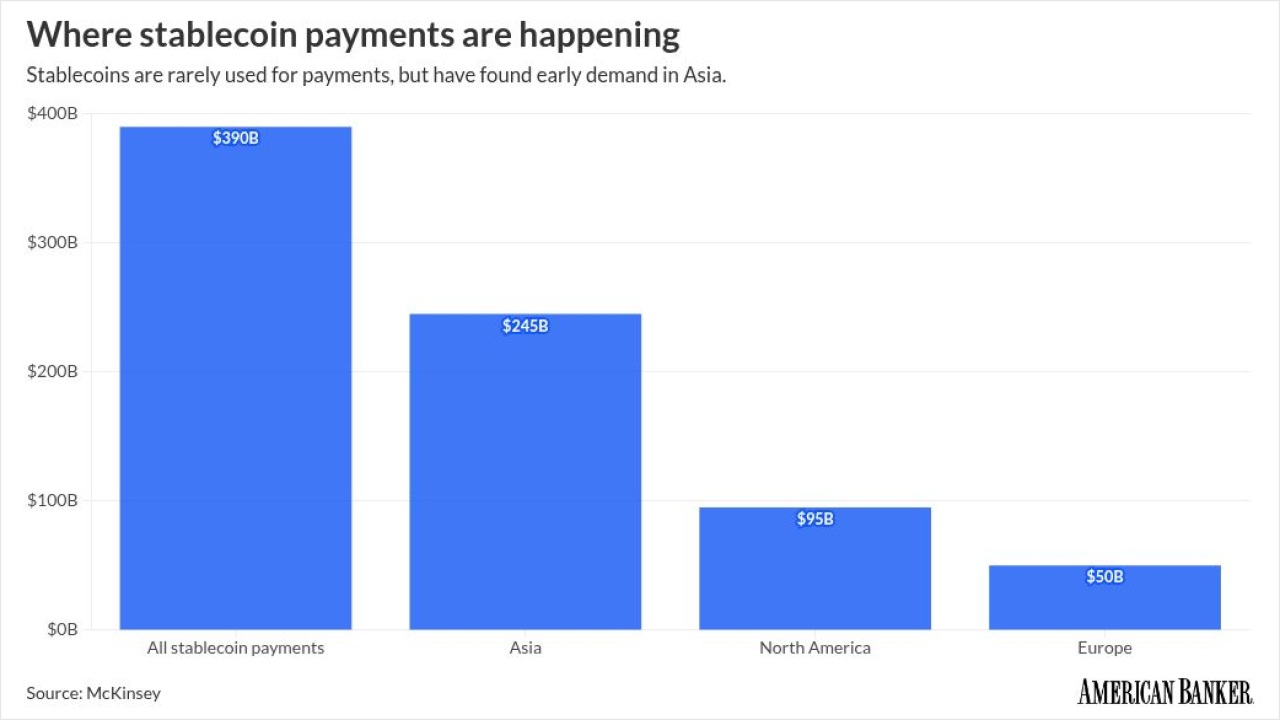-
New York state Chief Judge Jonathan Lippman proposed tighter rules on Wednesday to govern how banks and debt collectors sue consumers over unpaid bills. If adopted, the new proposals will require plaintiffs to provide more paperwork to support their claims.
April 30 -
Banks and debt collectors are taking over courtrooms to press consumers for payments. Local officials see these 'rocket dockets' as a way to cope with a deluge of collections suits. But their judicial appearance may also mislead debtors into believing they face offers they can't refuse.
February 11
Two of the largest consumer debt buyers on Thursday agreed to halt lawsuits against borrowers and pay fines to settle allegations they violated New York law in pursuing debtors, according to New York Attorney General Eric Schneiderman's office.
Portfolio Recovery Associates, based in Norfolk, Va., and Sherman Financial Group, based in New York, will drop collections on an estimated $16 million in judgments. Portfolio Recovery agreed to pay $300,000 and Sherman Financial agreed to pay $175,000 in civil fines and other costs. Neither company admitted wrongdoing.
An investigation by the New York AG's office revealed that the debt buyers for years had failed to ensure their claims were filed within appropriate time limits under New York law, which requires actions be brought either under New Yorks six-year limit or the limit in the state where the original creditor resides, whichever is shorter.
Portfolio Recovery and Sherman Financial file thousands of collection lawsuits in New York each year, according to state officials. The New York Supreme Court in 2010 affirmed that collection firms must adhere to state-imposed time limits. The two debt buyers appeared to have followed the law for new cases while still collecting on more than 2,400 older judgments.
The companies agreed to drop those cases and will seek to have them vacated in the courts, according to the attorney generals office.
Officials with Portfolio Recovery and Sherman Financial were not immediately available for comment on the settlements.
Schneiderman's office alleged the companies' activities resulted in an estimated 3,000 improper court judgments against New York consumers.
"Debt collectors must follow the same rules the rest of us do when bringing lawsuits, in this case, suing for debts that were not enforceable in the first place," Schneiderman said in a statement.
Portfolio Recovery and Sherman Financial both agreed to take steps to improve their practices, including disclosing to consumers that they will not pursue collection lawsuits when the statute of limitations has lapsed on the debt in question.
Other changes the companies agreed to concern the collection of old debts:
Disclosing in all written and oral communication with a consumer about a debt that is outside the statute of limitations that the company will not sue to collect on the debt.
Disclosing in all written and oral communication with a consumer about a debt that is outside the date for reporting the debt provided for by the federal Fair Credit Reporting Act that, because of the age of the debt, the company will not report the debt to any credit reporting agency.
Submitting an affidavit with applications for a default judgment specific to the statute of limitations that attests that after reasonable inquiry the company or its counsel has reason to believe that the applicable statute of limitations has not expired.
- Alleging certain information relevant to the statute of limitations in any collection complaint filed by the company, such as the name of the original creditor of the debt, the complete chain of title of the debt, and the date of the consumers last payment on the debt.
The settlements are the latest developments in a larger crackdown by federal and state authorities on collection practices. The Consumer Financial Protection Bureau has sought comment on future rules for the collection industry and plans to address issues such as intimidating collection tactics, errors in calculating how much is owed and collectors trying to recover money from the wrong people.
The 2010 Dodd-Frank Act created the CFPB and also authorized it to write regulations under the Fair Debt Collection Practices Act of 1977. The CFPB began supervising collection firms last year, focusing on the industry's 175 largest companies out of more 4,500 nationwide. Banks can collect on their own debts, hire outside debt collectors or sell the debts outright.
The CFPB released a





